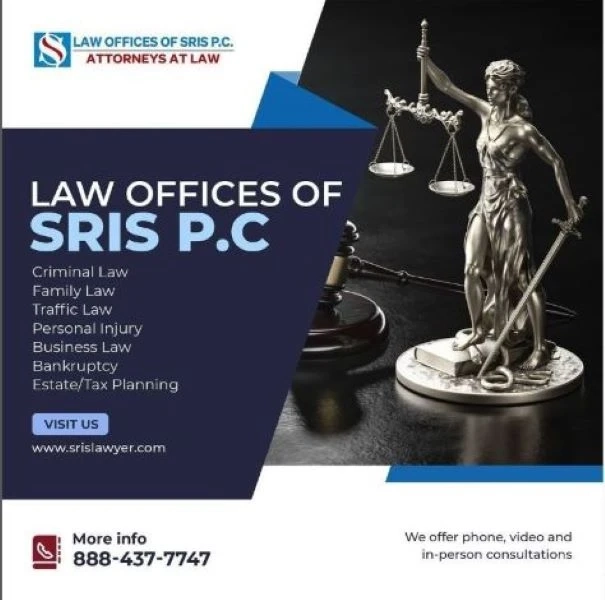Divorce can be a challenging and emotionally taxing experience for anyone involved. If you're considering or currently going through a divorce in Virginia, understanding the legal process can help you navigate this difficult time more smoothly. Here's what you need to know about the Virginia divorce process:
Grounds for Divorce:
In Virginia, you can file for divorce based on either fault or no-fault grounds. No-fault grounds typically involve living separately for a specified period, while fault grounds include reasons such as adultery, cruelty, abandonment, or felony conviction.
Residency Requirements:
At least one spouse must have been a resident of Virginia for six months before filing for divorce. If both spouses are residents, they can file in the city or county where either of them resides.
Filing for Divorce:
To initiate the divorce process, you'll need to file a Complaint for Divorce with the appropriate circuit court. This document outlines the grounds for divorce, as well as any requests for spousal support, child custody, child support, and division of assets.
Serving the Spouse:
Once the Complaint for Divorce is filed, the other spouse must be served with a copy of the complaint and summons. This can be done through personal service by a sheriff or private process server, or by certified mail with return receipt requested.
Response from the Spouse:
After being served, the spouse has a certain period to respond to the complaint. They can either contest the grounds for divorce or agree to the terms outlined in the complaint. If the spouse contests the divorce or disagrees on specific issues, the case may proceed to trial.
Negotiation and Mediation:
Before going to trial, spouses are encouraged to negotiate and attempt mediation to resolve any disagreements regarding custody, support, or property division. Mediation can be a more amicable and cost-effective alternative to litigation, allowing both parties to reach a mutually acceptable agreement with the help of a neutral mediator.
Court Proceedings:
If the spouses are unable to reach a settlement through negotiation or mediation, the case will proceed to trial. During the trial, both parties will present evidence and testimony to support their positions on issues such as custody, support, and property division. A judge will then make a decision based on the evidence presented and applicable Virginia law.
Finalizing the Divorce:
Once the judge issues a final decree of divorce, the marriage is legally dissolved. The decree will outline the terms of the divorce, including any agreements reached by the spouses or decisions made by the court regarding custody, support, and property division.
Post-Divorce Matters:
Even after the divorce is finalized, there may be ongoing matters such as child support modifications or enforcement of custody arrangements. It's essential to comply with the terms of the divorce decree and address any post-divorce issues through the appropriate legal channels.
Seeking Legal Guidance:
Navigating the Virginia divorce process can be complex, especially when emotions are involved. It's crucial to seek guidance from a knowledgeable family law attorney who can explain your rights, guide you through the process, and advocate for your best interests.
Conclusion:
Divorce is a significant life transition that requires careful consideration and planning. Understanding the Virginia divorce process and seeking appropriate legal assistance can help you navigate this challenging time and move forward with confidence toward a new chapter in your life. While divorce can be difficult, with the right support and guidance, you can emerge stronger and more resilient on the other side.



